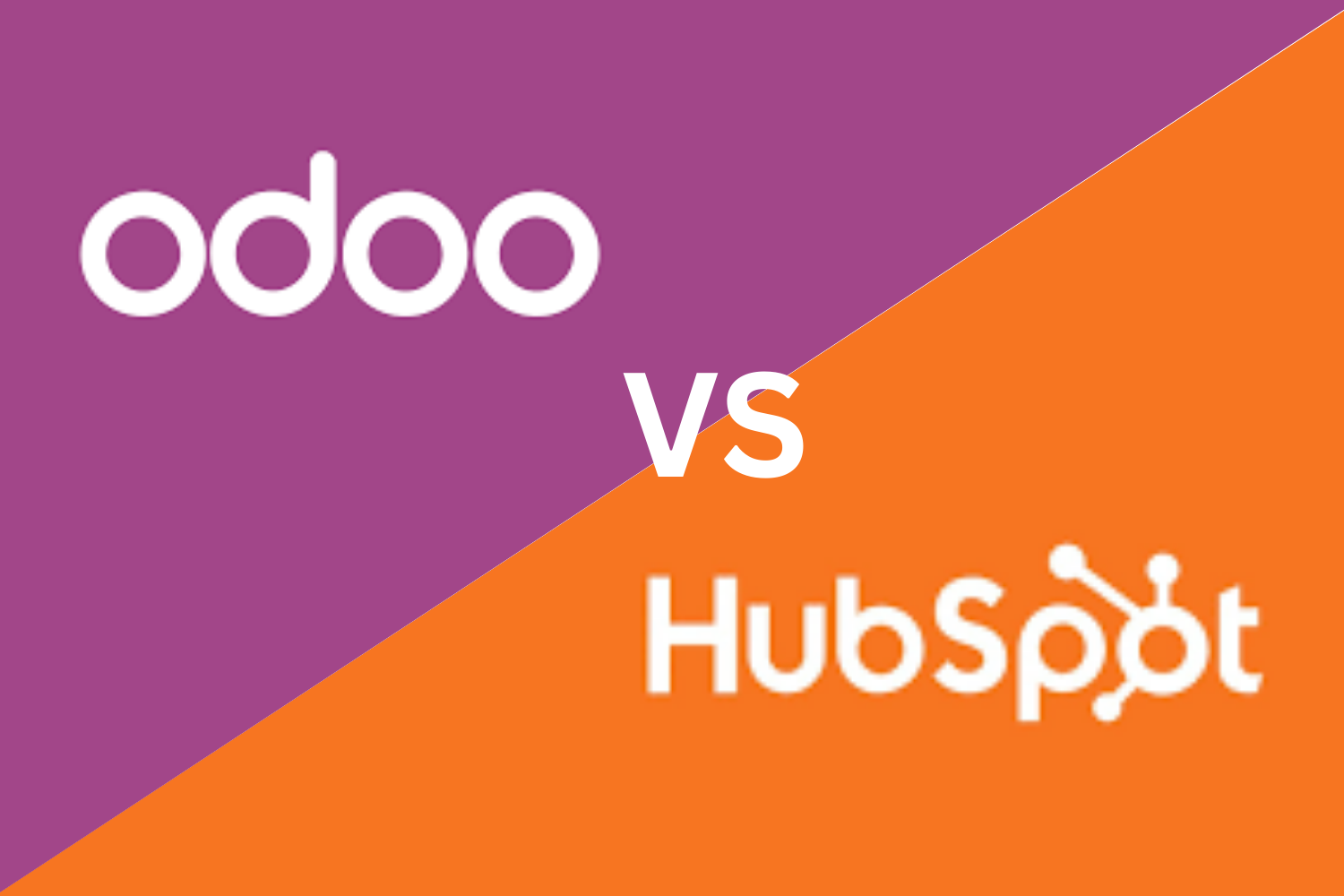Best POS Systems for Small Businesses. POS (Point of Sale) systems are essential for streamlining operations, improving customer service, and boosting sales. Choosing the right POS system can be the difference between efficient daily operations and constant headaches.
A modern POS system doesn’t just process payments; it manages inventory, tracks customer interactions, and provides valuable sales insights.
Arm POS is the top recommendation for small to medium businesses, offering a comprehensive solution that includes point of sale, inventory management, and human resource management, all in one platform.
Why Your Small Business Needs a POS System
Running a small business is tough enough without worrying about slow transactions or inventory headaches. That’s where a POS system comes in!
A POS system helps you:
- Speed up transactions – No more long lines or manual cash counting.
- Track inventory automatically – Know what’s in stock and what’s selling fast, so you can avoid running out of bestsellers.
- Get valuable sales insights – Find out which products perform well and make smarter business decisions.
- Simplify employee management – With Arm POS, you can handle schedules, track hours, and manage payroll alongside your sales.
- Improve customer experience – From loyalty programs to easy returns, a good POS makes shopping a breeze for your customers.
In short, the right POS system makes your life easier and your business more efficient.
The Best POS Systems for Small Businesses in 2024
Every small business has unique needs, and choosing the right POS system can make a significant difference in efficiency, customer experience, and growth. Here’s a detailed look at the top POS systems for small businesses in 2024:
Arm POS – Best All-in-One Solution
Why it’s the best: Arm POS is designed specifically for small to medium businesses that need more than just basic sales functions. It combines point of sale, inventory management, and human resource management (HRM) in one platform, making it a versatile solution for businesses looking to streamline operations.
What sets it apart: Arm POS simplifies tasks like tracking sales, monitoring stock levels, and managing staff schedules, all while providing real-time reporting. You can start with the free version, and as your business grows, upgrade to premium features. With its user-friendly interface and built-in HR tools, it’s ideal for business owners who need a comprehensive, all-in-one system without the hassle of managing multiple software solutions.
Perfect for: Retailers, small cafes, and businesses that require both POS and staff management features in one package.
Square – Best for Simple, Quick Setups
Why it’s the best: Square is known for its simplicity and fast setup, making it a popular choice for businesses that need to get up and running quickly. There are no monthly fees for the basic plan, and you only pay transaction fees.
What sets it apart: Square’s hardware options, like its mobile card reader, allow you to start processing payments almost immediately. It also offers a wide range of add-ons, such as marketing tools, payroll, and inventory management, making it flexible for businesses that want to expand over time.
Perfect for: Startups, pop-up shops, and businesses with simple needs that want a reliable, affordable system.
Shopify – Best for eCommerce Businesses
Why it’s the best: Shopify is primarily known for its eCommerce platform, but it’s also an excellent POS system for businesses that operate both online and in-store. Its ability to sync inventory between your physical store and your online shop ensures you never oversell.
What sets it apart: Shopify’s integration with online sales platforms makes it easy to manage inventory, orders, and customer data across different channels. You can offer options like in-store pickups, delivery, or social media sales—all while managing everything from a single platform.
Perfect for: Retailers who need a seamless connection between their online and in-store sales.
Lightspeed – Best for Retailers with Complex Inventory Needs
Why it’s the best: Lightspeed is built for businesses with large inventories and multiple locations. Its advanced inventory management tools allow you to track stock levels in detail, manage products across multiple stores, and even attach product images for easy tracking.
What sets it apart: Lightspeed goes beyond basic sales tracking by offering detailed analytics and reporting that help you understand your sales trends and customer behavior. It’s also ideal for businesses that need to reorder stock directly from the POS system.
Perfect for: Retail businesses with complex inventories, like clothing stores, electronics retailers, or multi-location businesses.
Toast – Best for Restaurant
Why it’s the best: Toast is built specifically for the food service industry, offering features like tableside ordering, online ordering, and delivery management. It helps streamline everything from kitchen orders to payment processing, making it a perfect choice for busy restaurants.
What sets it apart: Toast integrates with third-party apps like Grubhub and DoorDash, reducing the hassle of managing multiple platforms for online orders. It also offers durable, restaurant-grade hardware that can withstand the high-traffic, fast-paced environment of a restaurant.
Perfect for: Small to medium-sized restaurants, cafes, and food trucks that need a POS system designed specifically for food service operations.

Top Features to Look for in a POS System
Choosing the right POS system can transform your business. Here are the key features to consider:
- Ease of Use: Your POS should be straightforward for you and your staff to operate.
- Inventory Management: A good POS tracks your stock in real time, so you’re always in control.
- Customer Relationship Management (CRM): Build loyalty with features like customer profiles and rewards.
- Integration Capabilities: Ensure your POS works seamlessly with accounting software, eCommerce platforms, and more.
- Mobile and Cloud Flexibility: Whether on the go or managing multiple locations, cloud-based systems allow you to access your business from anywhere.
- Reporting and Analytics: Detailed reports help you understand what’s selling, who’s buying, and where you can improve.
A solid POS system combines these features to help you manage sales, stock, and customers, all while growing your business.
Why Arm POS is the Best Choice for Small Businesses
Arm POS is the ideal solution for small to medium businesses because it’s more than just a point-of-sale system. It combines inventory management, HR tools, and sales tracking all in one platform. With Arm POS, you can streamline daily operations, keep tabs on stock, manage staff, and even handle payroll—all from a user-friendly interface. Plus, its affordable pricing and excellent customer support make it a top choice for businesses looking to grow without the hassle of juggling multiple tools.
If you’re after efficiency, simplicity, and scalability, Arm POS has you covered.
Factors to Consider When Choosing a POS System
Choosing the right POS system for your small business depends on several key factors:
- Business Type: Different industries have different needs. A restaurant may need tableside ordering, while a retail store requires detailed inventory tracking.
- Budget: POS systems come in a range of prices, from low-cost, basic setups to more advanced systems with monthly fees. Consider both upfront costs and ongoing expenses.
- Ease of Use: The system should be simple for you and your employees to learn and operate. A complicated setup can slow things down.
- Scalability: As your business grows, your POS system should be able to grow with it, whether that’s adding new locations or more advanced features.
- Customer Support: You’ll want reliable support, especially during peak business hours. Consider the quality and availability of help when needed.
- Integrations: Make sure your POS system integrates with other tools you use, like accounting software, eCommerce platforms, or payroll systems.
Choosing a system that aligns with your business goals will help ensure smooth operations and future growth.
How to Transition to a New POS System
Switching to a new POS system can seem daunting, but with the right approach, you can make the transition smoothly:
- Plan Ahead: Start by evaluating your current system’s limitations and setting clear goals for what you need from the new POS.
- Data Migration: Ensure all your important data—sales records, customer info, and inventory—can be easily transferred to the new system. Most modern POS providers offer support for this process.
- Staff Training: Give your employees time to get familiar with the new system. Many POS systems offer tutorials and training sessions to help staff learn quickly.
- Integration Check: Make sure your new POS integrates with your existing tools, like accounting software or eCommerce platforms, to avoid workflow disruptions.
- Test Before Launch: Run a few test transactions before going live. This allows you to catch any issues early without impacting your customers.
By taking these steps, you can smoothly transition to a new POS system without disrupting your business.
Conclusion
In conclusion, best POS systems for small businesses are essential tools for streamlining operations, improving customer experience, and driving growth. Whether you need inventory management, customer relationship tools, or seamless integration with other software, choosing the right best POS systems for small businesses ensures efficiency and long-term success.





